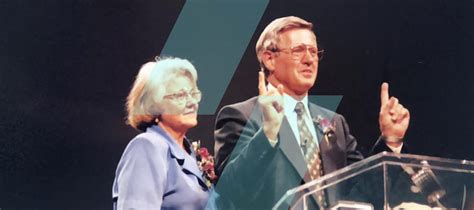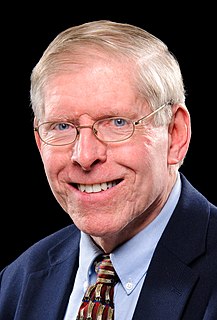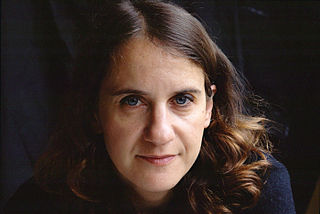A Quote by Charles Boustany
Encouraging wellness and prevention helps improve quality of life and can lower costs, too. I saw too many patients who had poor health because of their decisions, but too often, all they needed was a doctor to help point them in the right direction.
Related Quotes
I was not a good doctor, my studies had been too rapid, my hospital training too short, but there is not the slightest doubt that I was a successful doctor. What is the secret of success? To inspire confidence. What is confidence? ... I do not know, I only know that it cannot be acquired by book reading, nor by the bedside of our patients. It is a magic gift granted by birth-right to one man and denied to another. The doctor who possesses this gift can almost raise the dead
The American experiment, the United States in the past eight years [2008-2016] was not considered worthy of leading, because we had committed too many transgressions. We didn't have the moral authority to lead anybody because we had too many injustices in our past and too many discriminations and too many thises and thats and so forth. We were not worthy of leading, and we had been leading for too long in all the wrong directions. It was really, I think, despicable.
We drink too much, smoke too much, spend too recklessly, laugh too little, drive too fast, get too angry, stay up too late, get up too tired, read too little, watch tv too much. We have multiplied our possessions but reduced our values. We talk too much, love too seldom, and hate too often. We've learned how to make a living but not a life. We've added years to life, not life to years.
A central notion in the Affordable Care Act was we had an inefficient system with a lot of waste that didn't also deliver the kind of quality that was needed that often put health care providers in a box where they wanted to do better for their patients, but financial incentives were skewed the other way... We don't need to reinvent the wheel; you're already figuring out what works to reduce infections in hospitals or help patients with complicated needs.
Vague promises of savings from cutting waste, enhancing prevention and wellness, installing electronic medical records and improving quality are merely ‘lipstick’ cost control, more for show and public relations than for true change... Savings will require changing how doctors think about their patients: Doctors take the Hippocratic Oath too seriously, “as an imperative to do everything for the patient regardless of the cost or effects on others.


































